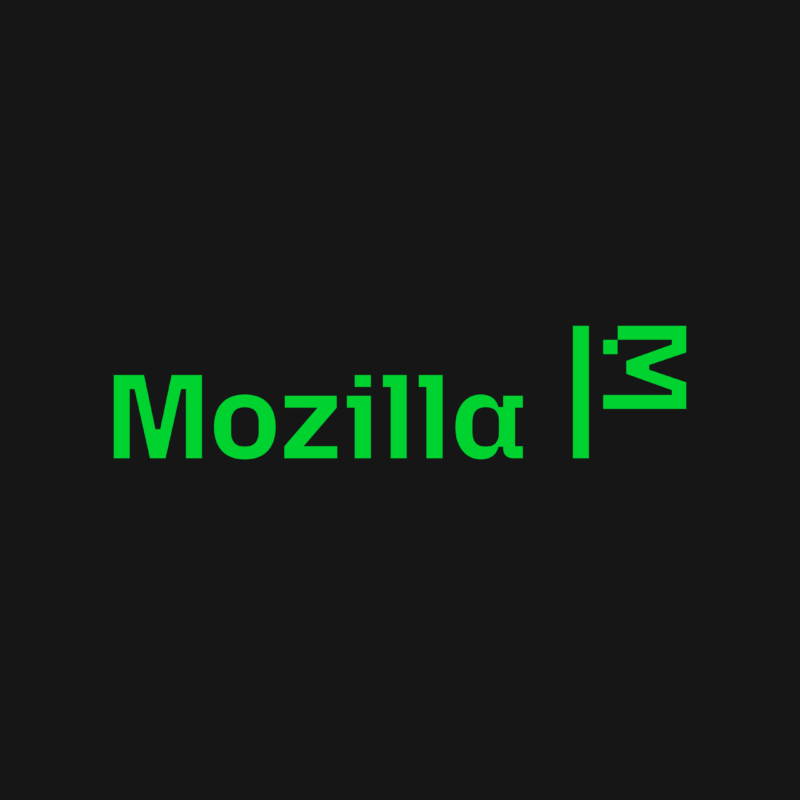Why is ITU Governance of the Internet a Bad Idea?
We, along with many other Internet denizens, have serious concerns about the World Congress on International Telecommunications (WCIT-12), which the International Telecommunications Union will convene today in Dubai. Our concerns stem from the core belief that openness, innovation, and opportunity are key to the continued health of the Internet.
In ITU’s words, “This landmark conference will review the current International Telecommunication Regulations (ITRs), which serve as the binding global treaty designed to facilitate international interconnection and interoperability of information and communication services, as well as ensuring their efficiency and widespread public usefulness and availability.”
Mozilla lauds the professed aims of the conference. But we question the very assumption that a “binding global treaty,” enacted by member states alone, will be beneficial for the Internet or for global society. The Internet needed no treaty to come into existence, to expand, to flourish, and to transform global society. The Internet needed no convocation of governments to facilitate the professed aims of the new treaty. There is no reason to believe that a treaty will fill any current need or cure any current defect.
To the contrary, there are reasons to believe that such a treaty, instead, would be detrimental. Key aspects appear to point to increases in government control beyond the existing rule of law. Technology does not blossom by government control. Put simply, governments do not know best how to design the future. Moreover, there are legitimate concerns that some governments most interested in a new treaty may aim to limit free expression and personal freedoms, to control political activities, and to violate the security of their own citizens. Oddly, in the name of harmonization and interoperability, some of the very attributes of the open Internet that we value the most — open access, unrestricted connectivity and sharing, content neutrality, and user choice — could be compromised.
Key questions have also not been addressed, among them: What’s the value proposition for users and the Internet as a whole for ITU governance of the Internet? What does the ITU propose to fix that will benefit the Internet and its global users? What are the risks and costs of such regulation? Do the benefits outweigh the costs? Is the ITU the best organization for this task?
Treaties have many useful purposes. But to the extent that they obligate governments to adhere to fixed ideas, approaches, and standards that reflect government interests over user interest, they can discourage innovation and jeopardize the Internet as a vital public resource. We see that as a real risk when it comes to regulation of the Internet.
There are also substantial concerns about the process by which this meeting is occurring. Obscurity has cloaked the upcoming meeting, much of the process leading up to it, and most of the preparatory documents. The process appears to cater to only the most powerful interests. The Internet has enjoyed a multi-stakeholder governance process throughout its history. It is not easy to reconcile all the different technological, commercial, political, and personal interests that assert themselves in that process. But we believe open, inclusive, and transparent processes, messy as they are, are better than closed, government-directed processes when it comes to the Internet.
As robust and resilient as the Internet may be, it is still an information ecosystem that is inherently fragile. It is sensitive to external regulatory forces that can distort its very nature. For these reasons, we stand with those who believe that the risks of harming the Internet far outweigh the benefits that could come from any closed-door governmental treaty-making process. Instead, efforts of this kind must consist of broad based, open, transparent multi-stakeholder processes that include, in addition to governments, users, producers, service providers, civil society, and the host of ecosystem players who make the Internet what it is.
If you’re interested in getting involved, we’ve made available a kit of tools and resources to support people in making their voices heard at the ITU.


